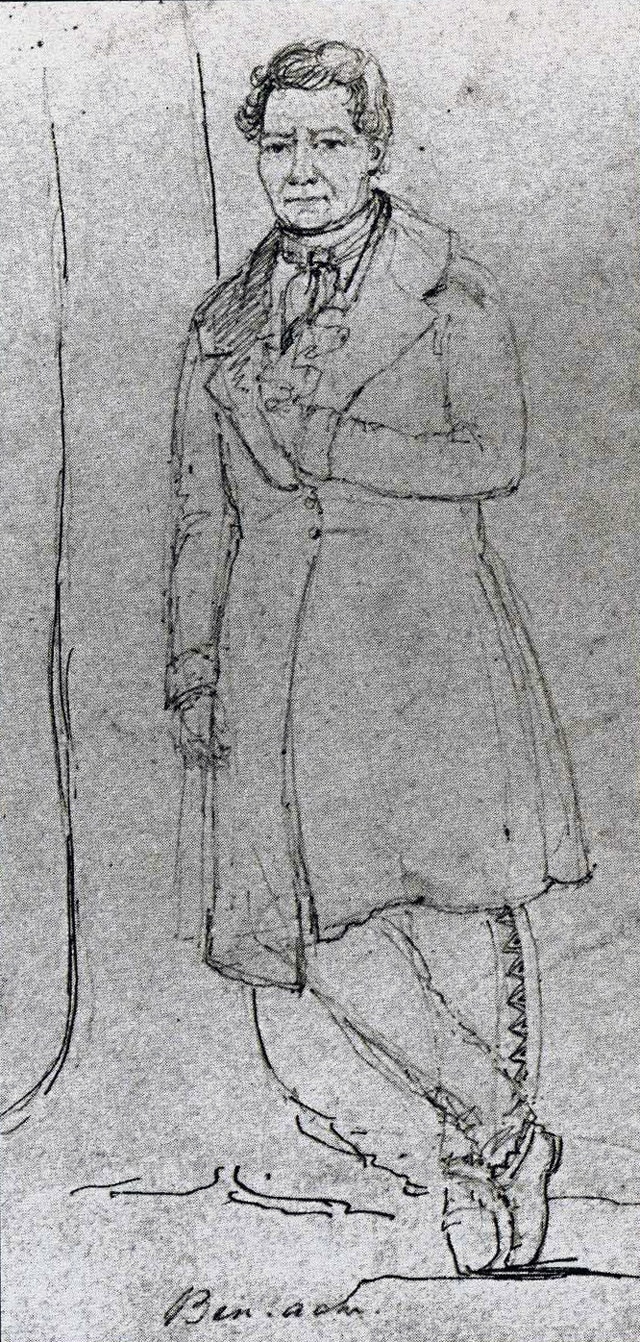
Tuesday, Sept. 8, 2015 signifies the bicentennial of the Treaty of Spring Wells [September 8, 1815]. Agreed to and signed at present Detroit, Michigan, the pivotal treaty was the last in a long line of peace compacts intent on ratifying previous treaties, formally exonerating the Ojibwe, Odawa and Potawatomi for their participation in and alliance with Great Britain during the War of 1812 and securing the United States’ patronage to the Three Fires Council.
The true impact of the treaty and need for amicable relations between parties are evident in its signatories. Tribal delegates were not randomly selected to attend such negotiations, but diligently chosen based on their skills and reputation.
The name Osheakkebe, seen twice as Ohshawkeebee [sic] and Osheouskeebee [sic], is the Odawa translation of the Potawatomi name Segnak [Black Bird]. Serving as a field general for the British-allied Native Confederacy during the historic battles of Tippecanoe, Fort Dearborn and Frenchtown, in addition to numerous decisive raids and assaults during the Northwest Theater, Black Bird, the unyielding enemy of the United States, was now prepared to make peace for and secure the rights of his people.
